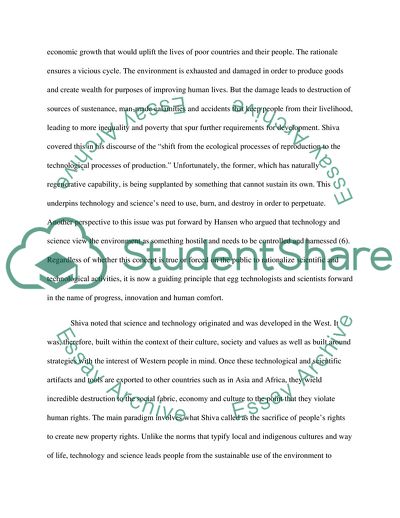Cite this document
(Dominant Ideas about Technology and Science Assignment Example | Topics and Well Written Essays - 1500 words - 1, n.d.)
Dominant Ideas about Technology and Science Assignment Example | Topics and Well Written Essays - 1500 words - 1. https://studentshare.org/technology/1849754-midterm-essay
Dominant Ideas about Technology and Science Assignment Example | Topics and Well Written Essays - 1500 words - 1. https://studentshare.org/technology/1849754-midterm-essay
(Dominant Ideas about Technology and Science Assignment Example | Topics and Well Written Essays - 1500 Words - 1)
Dominant Ideas about Technology and Science Assignment Example | Topics and Well Written Essays - 1500 Words - 1. https://studentshare.org/technology/1849754-midterm-essay.
Dominant Ideas about Technology and Science Assignment Example | Topics and Well Written Essays - 1500 Words - 1. https://studentshare.org/technology/1849754-midterm-essay.
“Dominant Ideas about Technology and Science Assignment Example | Topics and Well Written Essays - 1500 Words - 1”. https://studentshare.org/technology/1849754-midterm-essay.


